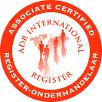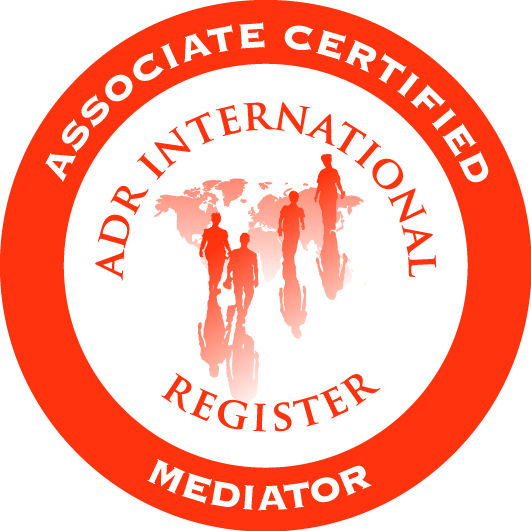 Dispute Resolution
Dispute Resolution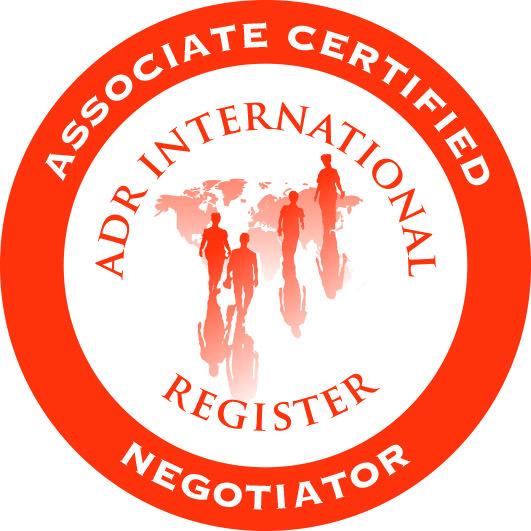
We believe that resolving disputes can be both amicable and constructive. Traditionally, commercial disputes result in litigation, which is costly, time-consuming, emotionally gruelling and often ineffective. Everyone involved loses something (except the lawyers).
What many people don’t realize is that there is a growing international trend which focuses on finding alternate ways to resolve disputes.
We are highly trained and expert negotiators and mediators accredited by ADR-NETWORK (SA). Internationally, we are registered with ADR INTERNATIONAL CONFLICT NAVIGATOR as International Negotiators and International Mediators. Our experience in Civil and Business Dispute Resolution will save you and your company vast amounts in legal costs. 
- Alternative Dispute Resolution: With the new “Rules Board for Courts of Law Act 107 of 1985“as amended, and published in the Government Gazette of 18 March 2014, there is now absolute clarity on the role of the mediator in alternative dispute resolution. Section 71 of the Act spells out the purpose of mediation very clearly;
(a) promote access to justice;
(b) promote restorative justice;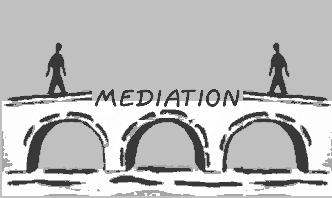
(c) preserve relationships between litigants or potential litigants which may become strained or destroyed by the adversarial nature of litigation;
(d) facilitate an expeditious and cost-effective resolution of a dispute between litigants or potential litigants;
(e)assist litigants or potential litigants to determine at an early stage of the litigation or prior to commencement of litigation whether proceeding with a trail or an opposed application is in their best interest or not; and
(f) provide litigants or potential litigants with solutions to the dispute, which are beyond the scope and powers of judicial officers.
- Internal Disciplinary Hearings: Employers are entitled to appoint an external person to chair disciplinary hearings. This was clearly established in the case of MEWUSA obo Mbonambi vs S Bruce CC (2005, 8 BALR 809). Not only is it perfectly fair and legal for an external person to be asked to chair the hearing, it is also desirable for the following reasons:
(a) An external person will be less susceptible to influence from the parties than would an internal chairperson.
(b) An expert in labour law will have the experience and skill to run the hearing according to the very complex requirements of the laws of evidence.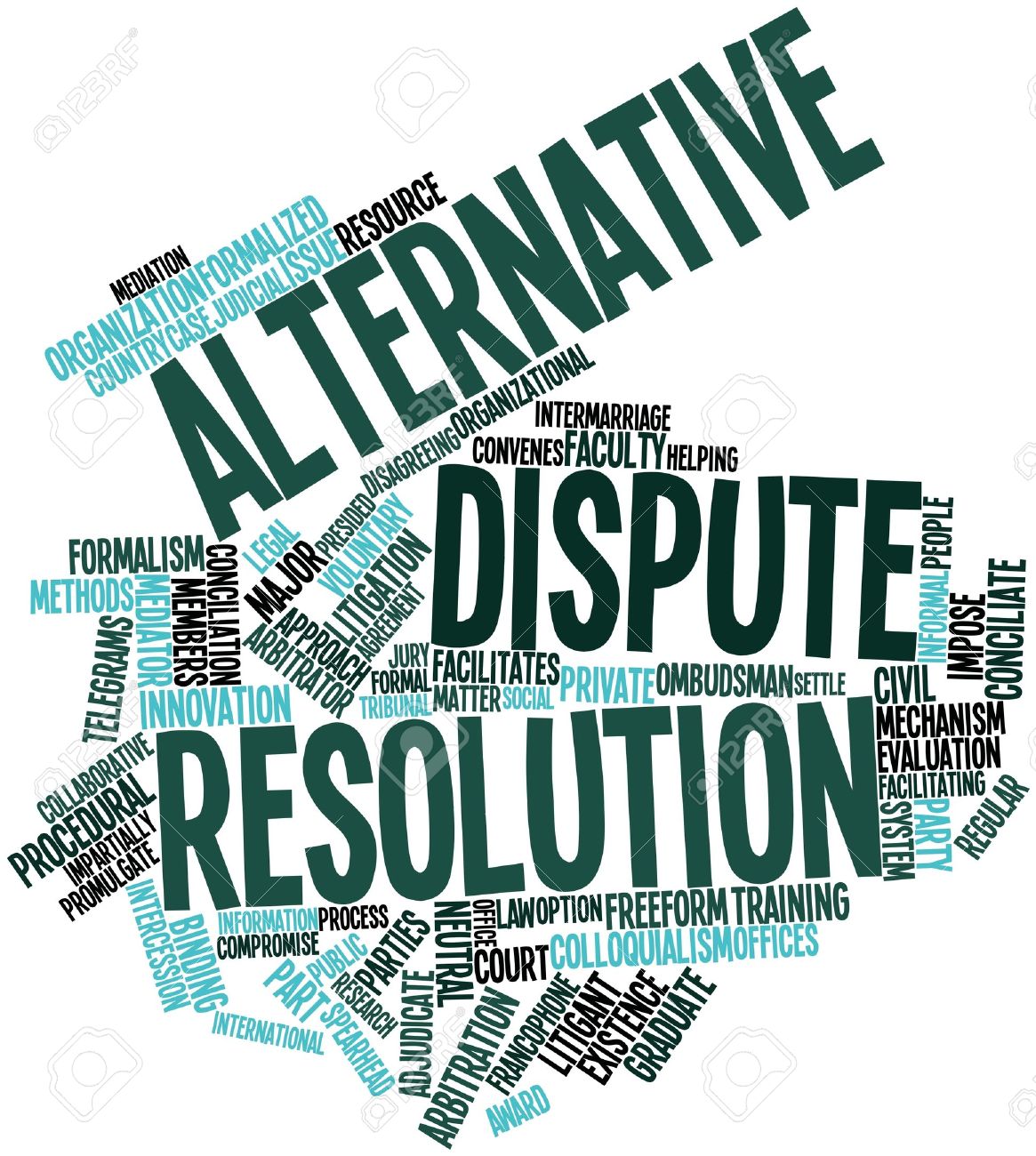
(c) Such an external chairperson would be able to arrive at a fair decision without breaching the myriad of complex principles that the CCMA expects to be applied.
(d) Many employers have had their dismissal decision overturned at the CCMA because the internal (employee/manager) chairperson was unskilled in the chairing of the hearings.
